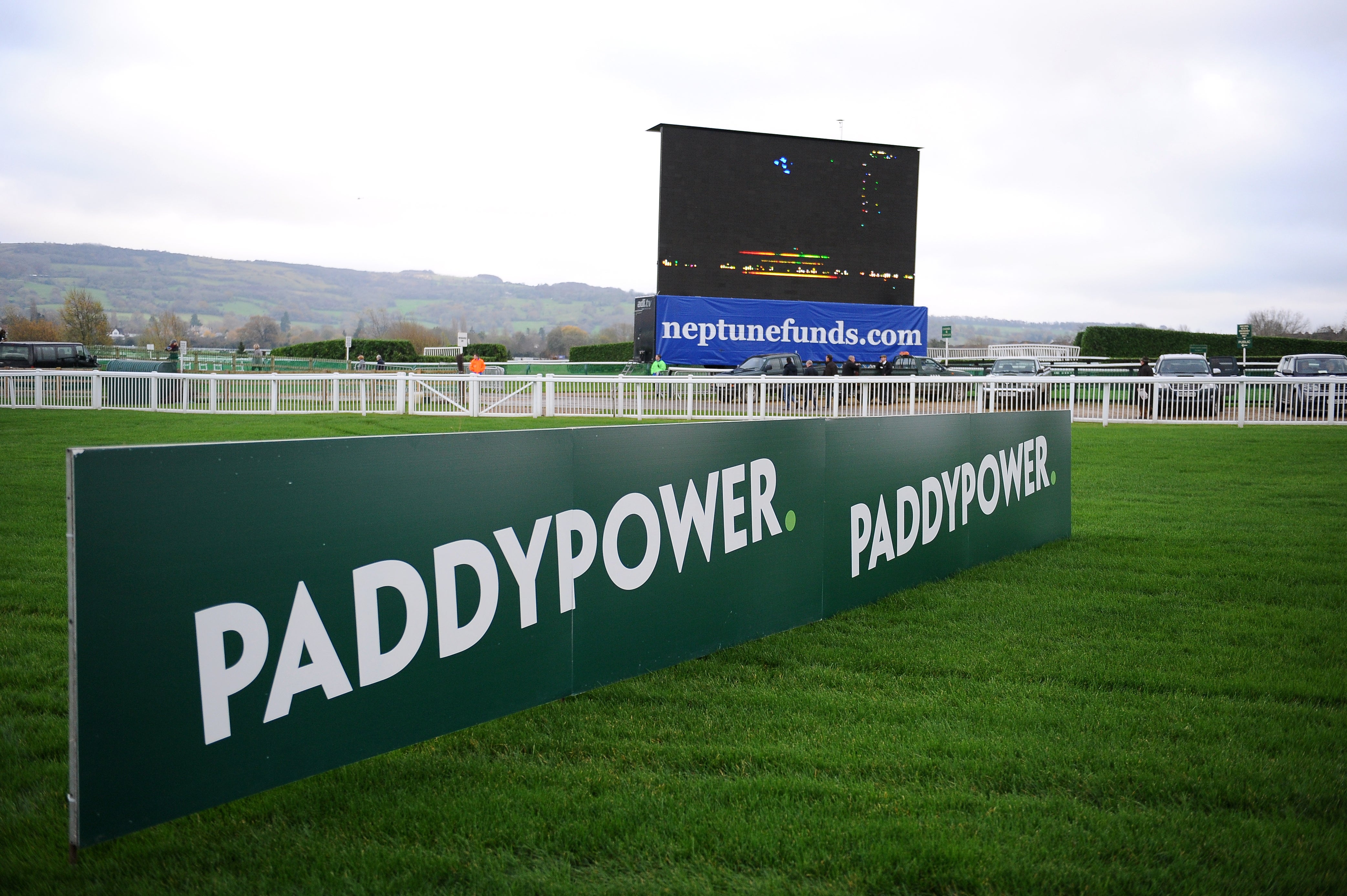Bookmaker Paddy Power ‘did not really care’ about problem gambler, says judge
Mr Justice Griffiths said the firm allowed Tony Parente to keep gambling.

Bookmaker Paddy Power dealt with a compulsive gambler who could not afford what he was spending, but the firm “did not really care”, a High Court judge has said.
Mr Justice Griffiths said Paddy Power knew from its own monitoring that businessman Tony Parente was “gambling like a problem gambler” and had an “unhealthy and unsustainable gambling addiction on an escalating and desperate” scale.
But he said the bookmaker allowed Mr Parente to keep gambling.
The judge made criticisms after Paddy Power bosses were sued by another businessman who wanted to recover money he had advanced to Mr Parente.
Mr Justice Griffiths dismissed Amarjeet Dhir’s claim and ruled in favour of Paddy Power, but he said the bookmaker knew Mr Parente’s losses were “unsustainable on his known income and assets” and staff had failed to get information from him to show “source of wealth and source of funds”.
The judge said Paddy Power continued to accept Mr Parente’s stakes and provided “gambling bonuses and lavish hospitality” to encourage him to gamble more.
Mr Parente’s account was opened in September 2015, the judge heard, and Paddy Power soon noticed “it had what was described in internal correspondence” as “a wild man”.
He closed the account by self-exclusion in October 2016.
The judge said Mr Parente’s September 2016 losses of £77,846, on 5,323 individual bets totalling stakes of £2,368,025, had been “laconically noted” by the firm’s High Service Unit as “business as usual”.
Mr Justice Griffiths said Mr Dhir did not know Mr Parente was a gambling addict.
He said Mr Parente “applied” money he had been given by Mr Dhir to fund his gambling habit.
Mr Dhir wanted to recover money from Paddy Power which, he said, represented money he was entitled to recover from Mr Parente, but the judge ruled against Mr Dhir after concluding he could not trace to money he had given to Mr Parente to the “hands” of Paddy Power.
Paddy Power knew from its own monitoring of Mr Parente that he was gambling like a problem gambler with an unhealthy and unsustainable gambling addiction on an escalating and desperate scale
Mr Justice Griffiths, based in London had considered arguments at a hearing earlier this year and has outlined his conclusions in a written ruling published online.
He said both businessmen were based in Dubai.
Mr Dhir had believed money given to Mr Parente would be invested in the local property market, said the judge.
Mr Justice Griffiths said Mr Parente has now “freed himself” from “what became a serious and lifelong history of problem gambling and gambling addiction”.
He added: “In my judgment, Paddy Power knew that it was dealing with a compulsive gambler who could not afford what he was doing, and Paddy Power did not really care.
“Paddy Power knew from its own monitoring of Mr Parente that he was gambling like a problem gambler with an unhealthy and unsustainable gambling addiction on an escalating and desperate scale.
“Paddy Power knew that his losses were unsustainable on his known income and assets.
“Paddy Power knew that when they tried to get information from him to show source of wealth and source of funds, they failed.
“The information he provided did not suggest that he could afford to gamble on this scale, or that he had legitimate sources of wealth from which to fund it.
“They knew all this, but they continued to accept his stakes and indeed, by providing gambling bonuses and lavish hospitality, to encourage him to gamble more. It stopped only when he stopped it himself by self-exclusion.”
Mr Dhir had sued Paddy Power’s parent company Flutter Entertainment.
The judge said the trial had been concerned with the part of the business known as Paddy Power.
He said Paddy Power and related companies had merged with Betfair Group and related companies in February 2016, to form Flutter Entertainment.
The judge indicated that Mr Dhir had loaned Mr Parente about £1 million in 2015.
Dan Taylor, chief executive of Flutter International, said later: “We welcome today’s High Court decision in favour of Flutter.
“Whilst we have always maintained that this claim was without merit, today’s ruling is no cause for celebration.
“The way Mr Parente’s account was handled, the failings of which were acknowledged in 2018 as part of a settlement agreed with the UK Gambling Commission, is a source of significant embarrassment for Flutter.
“Our business today is unrecognisable to what it was five years ago, but we know there is more we must do as an industry to ensure the most vulnerable are protected.
“We are committed to leading a race to the top in safer gambling and will continue to prioritise investment in this area.”